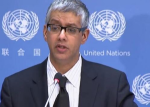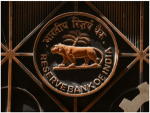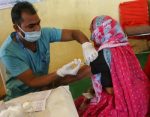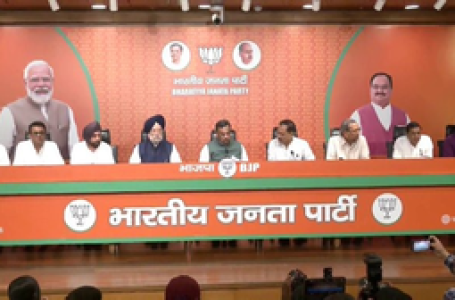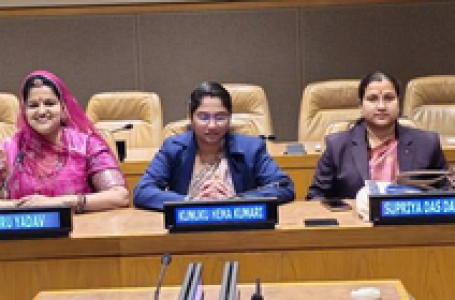
Tokyo: Japan’s Cabinet on Tuesday approved a bill to amend the country’s Penal Code regarding the age of sexual consent and a range of sexual offence charges.
According to the bill aimed to be passed during the current parliamentary session, the age of sexual consent in Japan will be raised from 13 to 16, reports Xinhua news agency.
Sex with children under the age of 16 will be criminalised by raising the legal age of consent, with Japan having long been under pressure from child consultation centres here which deal with abuse, as well as international human rights organisations, for the legal age of consent to be raised.
The age of sexual consent in Japan has not been legally raised from 13 since its enactment in 1907.
The age of consent in this country has been one of the lowest in the industrialised world for many decades.
The amendment to the current law will make having sex with a child under 16 illegal, regardless of whether the act was consensual.
In 2017, Japan, inexplicably, according to welfare and counseling centres dealing with the issue, as well as a host of lawyers and legal institutions, renamed the crime of “rape” to “forcible sexual intercourse”.
The new amendments, however, will see this redressed, and criminal recognition will be given to an act of sexual violation, even when coercion or physical violence is not used.
The sexual offences charges being renamed in the amendments will better clarify non-consensual sex as being illegal.
In addition, the statute of limitations for prosecution for non-consensual intercourse will be extended to 15 years from 10 years under the amendment, and extended from 15 years to 20 for cases of indecent assault that result in injury.
Under the amendments, the statute of limitations will not begin for a victim under the age of 18 when assaulted, until they turn 18.
Other sexually deviant acts will also be criminalised, such as taking sexually explicit photographs without consent and producing illicit images without permission, as part of reforms to the country’s Penal Code.
Under the revisions to prevent sexual grooming, payment or the promise of financial reward to children under the age of 16 will also be criminalised.IANS




